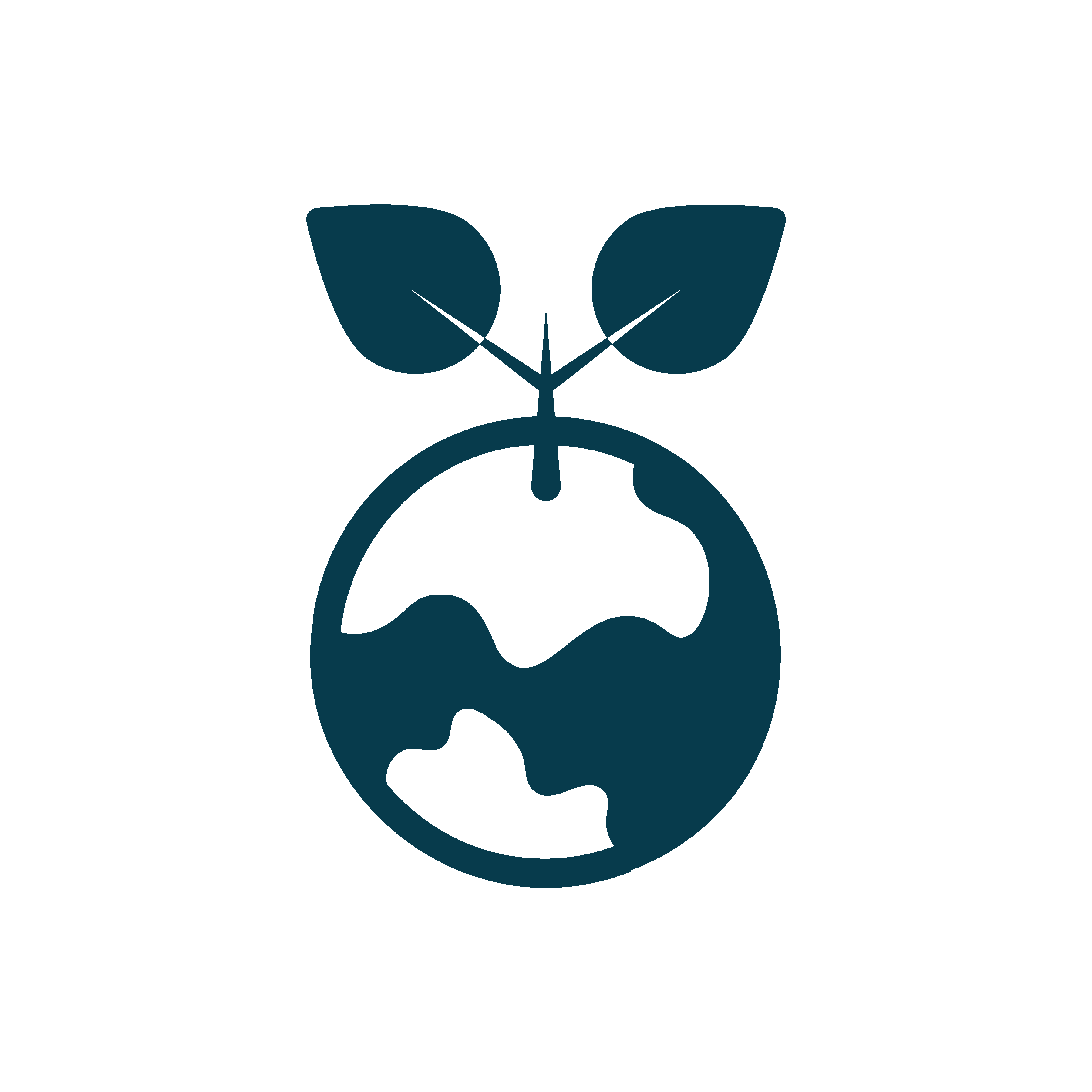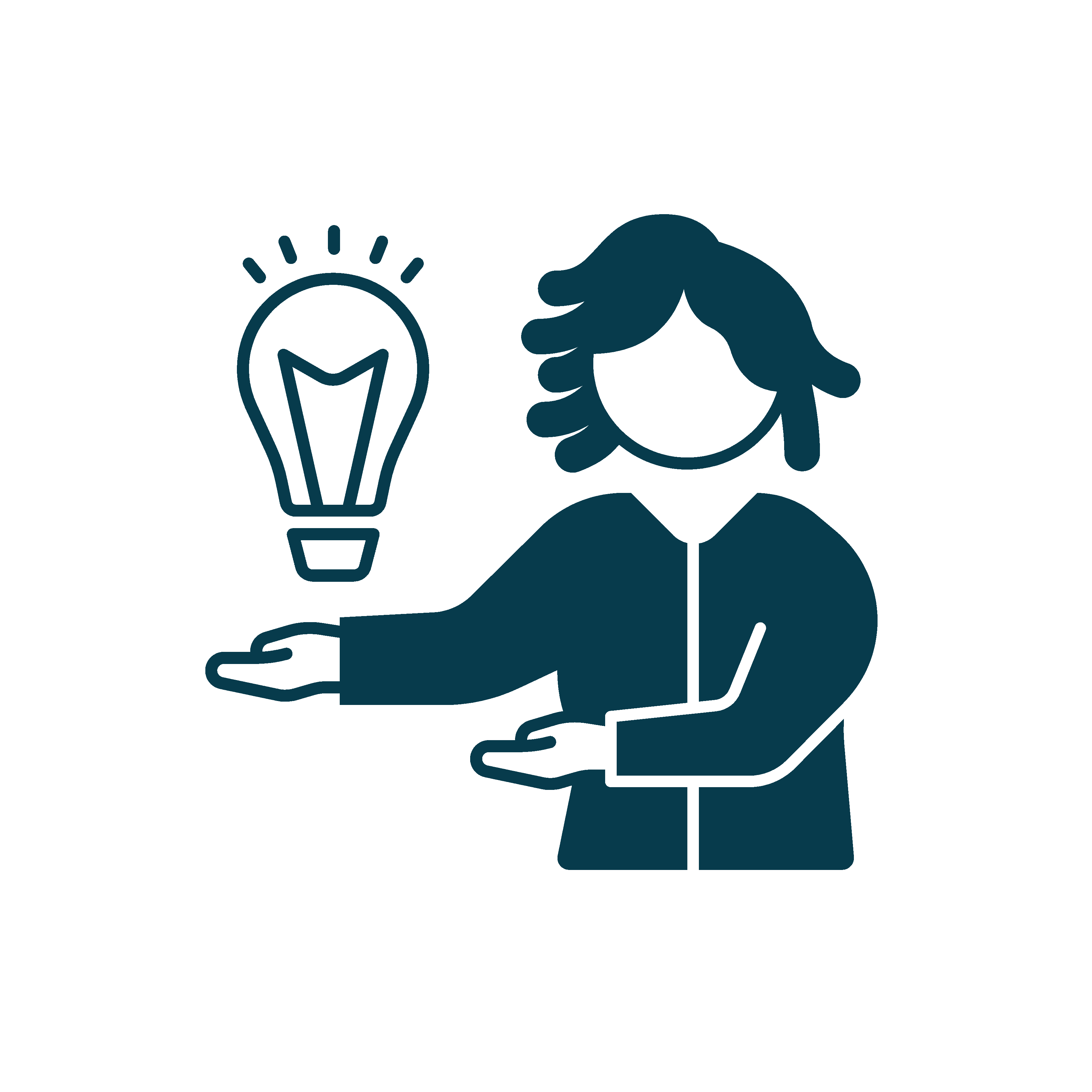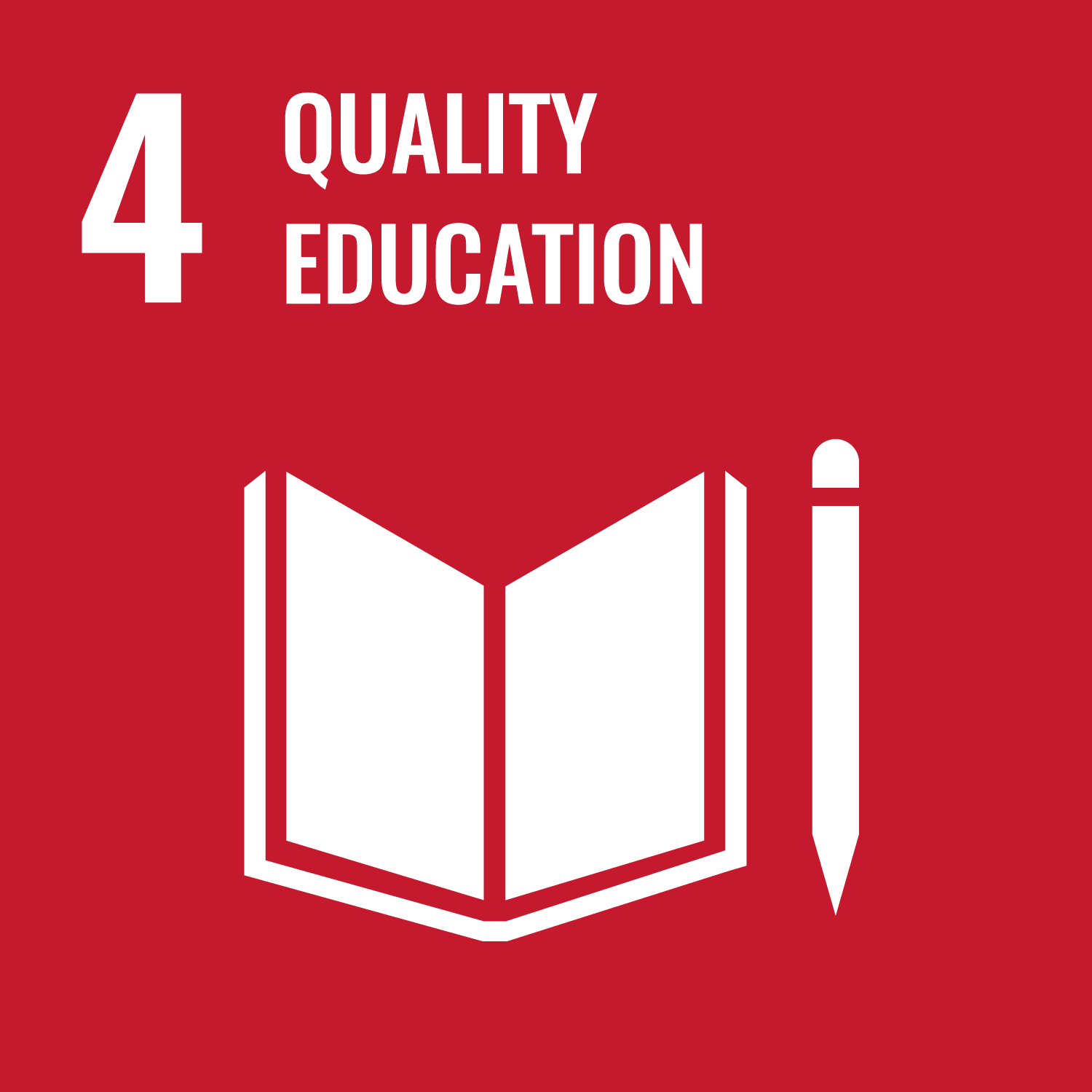The aim of REACH project is to contribute to energy poverty abatement at practical and structural level. This aim translates into twofold overall objective of the action, which is to empower energy poor households to take actions to save energy and change their habits, and to establish energy poverty as an issue that demands structural solutions at local, national and EU level.
The overall objective of the action is broken into the following specific objectives:
- to compile data and analyze energy poverty situation in 4 countries, covered by REACH, in order to form definition(s) of energy poverty and policy recommendations.
- to engage and empower local actors to tackle energy poverty in 5 pilot areas (5 informed and engaged local actors, 4 trained teachers and 50 trained energy advisors in each pilot area).
- to empower 1600 households to reduce their energy and water use and provide at least 400 of them with further support for tackling their problems, hence reducing their energy use by averagely 10% and cutting their CO2 emissions by 200 kg/year on average.
- to engage 160 decision-makers in tackling energy poverty as an issue that demands structural tailor-made solutions, provide them with recommendations for addressing the problem and create a platform for concerted formulation of structural solutions at national and EU level.
- to communicate the action to about 500.000 people across EU, mainly to representatives of target groups, key actors and general or interested public.
The first step of the action was to map the local and national situation in the field of energy poverty. National analyses of the energy poverty situation were done in order to
- gain insight into the situation
- provide a basis for fine-tuning the action and
- provide basis for shaping policy recommendations.
The next main activity was transfer of know-how for energy advising to partners, teachers and students of vocational schools. The transfer was made through training for partners, who have transferred know-how further to their local vocational schools through 10 training events for teachers and students. After equipping students – energy advisors – with know-how for visiting the households, the visits started. The first visits were accompanied by partners or teachers to monitor the work of the students, but after that the students were on their own. The visits in 6 pilot areas reached out to 1564 households. During the first visit the advisors made energy audit of the household and studied its habits. Based on these inputs, tailor-made advice was formed for each household to advise them and empower them to reduce energy and water use.
Apart from advice the households received also free energy and water saving devices that helped them to save energy and water. The next key activity was shaping of the recommendations for decision-makers on how to structurally tackle energy poverty. Based on the analysis of the situation and work with the local actors, the specifics of the pilot areas, covered countries and the South-East Europe region were outlined to work towards policy recommendations. The recommendations were presented to the various decision-makers from the local to EU level and debated with them. Several policy work activities were done to engage the decision-makers.
The final step was to evaluate the impacts of action through evaluations at visit level and policy work level. During the entire duration of the action, communication activities took place to promote the activities of the action and to disseminate its results.
The local authorities participated in the identification of vulnerable households, education on energy efficiency measures and round tables to help identify policy recommendations.
Although it could be expected that addressing energy poverty is an appealing issue for the decision makers, this is not always the case. During the advocacy activities, the REACH partners learned several lessons:
Because energy poverty is a cross-sector challenge, it is of utmost importance to involve actors from different sectors. It is possible to work with only one sector, e.g. the ministry in charge of environmental issues, but the best solutions and results can be achieved through interaction of actors from different sectors, such as energy, social, environment, health, housing, etc. In most cases, these actors are each focused on their own aspects of the field they are covering, and not on energy poverty, so it is important that one of the actors takes the initiative to convene meetings and to lead cross-sector working group. This can be an NGO or a governmental body, but it is important that a platform exists for the different sectors to meet and talk to each other.
It is also necessary to include all relevant stakeholders from the beginning of the project and to regularly inform them about the activities and results. Ideally, it is easier to start working in the policy arena when some results are already available and some activities implemented. For this reason, it was easier for Slovenia and Bulgaria to start with the policy activities right from the beginning of the project, as the results were already available from the previously implemented project ACHIEVE. With no previously available results it is harder to start advocacy activities, and this can mean that there is not enough time during the course of the project.
Namely, establishing connections with different decision makers and sectors and building trust takes time. Personal meetings and personal contacts represented an important success factor of policyrelated activities. Stakeholders got interested about the topic of energy poverty only when it was properly presented to them at meetings, where all their questions could be answered directly.
Besides the national level, it is very important to address the local level decision makers and key stakeholders, since they have direct contact with the target group and have better knowledge of local circumstances (who to help, how to help them, what kind of programs would suit their local circumstances). It is therefore necessary to include locallevel actors in the policy work activities, too. An important lesson learned is that if partners do not have significant advocacy experience and good advocacy networks, it is harder for them to implement advocacy activities in an efficient manner. Despite their large experience in the energy sector and in-depth engineering knowledge and fieldwork, the Bulgarian and Macedonian partners faced some challenges in the advocacy work. This was partially due to the long-lasting political crisis in their countries and the general tendency of the governments not to show interest in and engagement with proposals by the civil society and experts. On the other hand, it also had to do with limited advocacy experience and lobbying know-how. Hence it is recommended that in the future activities, special emphasis be put on the training for policy work of the partner organisations.
The last conclusion from the lessons learned from advocacy work was that it would have been welcome if the partners developed a campaign on including energy poverty into policies and measures. The project work had been focused on developing and communicating recommendations through events, meetings and media, but some reactions of the wider public show that it would also have been welcome if the work had been done in campaigning form.
Some concrete key performance indicators (KPIs) of the project include:
- Total CO2 savings per year: 444 tCO2.
- Visited beneficiaries: 1564 households.
- Trained energy advisors: 250 energy advisors.
- Cumulative investment: 48.200 Euros.
-

-
 Countries impacted:
Countries impacted:
BulgariaCroatiaAlbaniaSloveniaNorth Macedonia -
 Geographical scale:
Geographical scale:
Regional and Local -
 Energy poverty phase:
Energy poverty phase:
DiagnosisPlanning -
 Intervention type:
Intervention type:
Capacity building and trainingConsumer Advice, protection and empowermentTransparency and information sharing -
 Professionals involved:
Professionals involved:
EngineerResearcherSocial workerStudentTechnicianVolunteer -
 Type of funding:
Type of funding:
Intelligent Energy Europe Programme of the European Union -
 Website:
Website:
Case website -
SDGs addressed:






